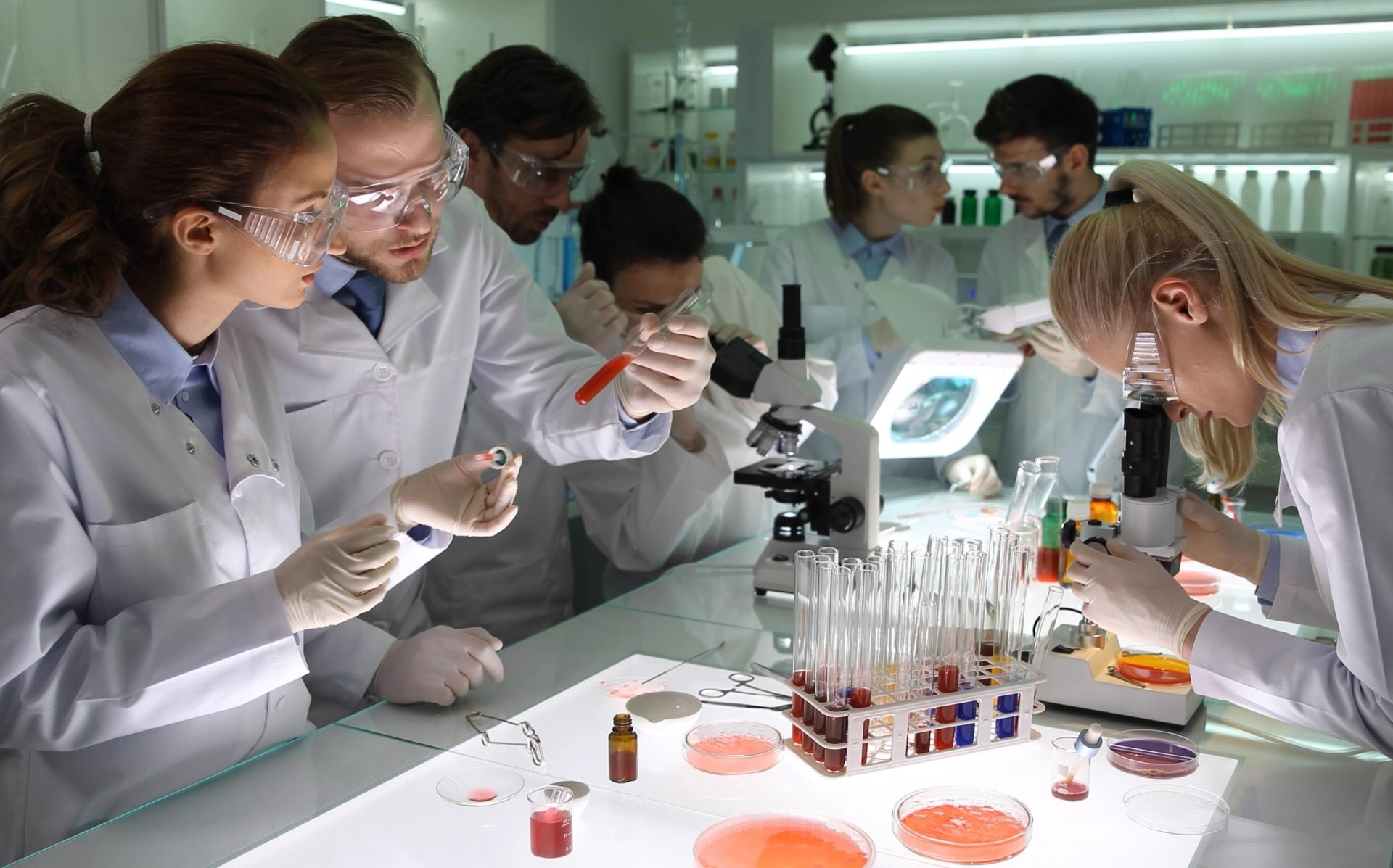
What makes scientists so intriguing? Scientists are like detectives of the natural world, always seeking answers to the mysteries around us. They use experiments, observations, and data to understand everything from tiny atoms to vast galaxies. These curious minds have given us vaccines, smartphones, and even the internet. Their work often involves long hours in labs, but the discoveries they make can change our lives. Did you know some scientists study volcanoes, while others focus on ancient fossils? Each one has a unique specialty, contributing to a vast pool of knowledge. Their dedication and passion drive them to ask questions and solve problems, making our world a better place. Whether they're studying climate change or developing new medicines, scientists are essential to our future.
Scientists and Their Quirky Habits
Scientists are often seen as serious individuals, but they have their own unique quirks and habits. These traits can be as fascinating as their discoveries.
-
Albert Einstein never wore socks. He found them uncomfortable and unnecessary, even with formal attire.
-
Nikola Tesla had a strange obsession with the number three. He would walk around a block three times before entering a building.
-
Marie Curie carried radioactive isotopes in her pockets. She was unaware of the dangers of radiation at the time.
-
Isaac Newton once stuck a needle in his eye. He did this to study how light and color worked.
Unusual Discoveries by Scientists
Scientists have made some unexpected discoveries that changed our understanding of the world. These findings often came from curiosity and a bit of luck.
-
Alexander Fleming discovered penicillin by accident. He noticed mold killing bacteria in a petri dish he had forgotten to clean.
-
Wilhelm Röntgen discovered X-rays while experimenting with cathode rays. He noticed a glow on a nearby screen and realized it was a new type of ray.
-
Percy Spencer invented the microwave oven. He was testing a magnetron when a chocolate bar in his pocket melted.
-
Roy Plunkett discovered Teflon by mistake. He was trying to create a new refrigerant when he found a slippery, non-reactive substance.
Scientists and Their Unusual Pets
Some scientists have had unusual pets that inspired or accompanied them in their work. These animals often played a role in their lives and research.
-
Charles Darwin had a pet tortoise named Harriet. She lived for over 170 years and was a constant companion.
-
Albert Einstein had a parrot named Bibo. He would talk to Bibo when he felt lonely or stressed.
-
Nikola Tesla had a pet pigeon. He claimed to have loved the pigeon as he would a human.
-
Thomas Edison had a pet cat named "Two." He believed the cat brought him good luck.
Scientists and Their Strange Experiments
Scientists have conducted some bizarre experiments in the name of science. These experiments often pushed the boundaries of what was considered normal.
-
Robert Cornish attempted to bring dead animals back to life. He used a seesaw-like contraption to revive them.
-
Giovanni Aldini tried to reanimate corpses using electricity. His experiments inspired Mary Shelley's "Frankenstein."
-
John Lilly experimented with dolphins and LSD. He wanted to communicate with dolphins using the drug.
-
Vladimir Demikhov created two-headed dogs. He transplanted the head of one dog onto another to study organ transplants.
Scientists and Their Impact on Everyday Life
Scientists have made significant contributions that affect our daily lives. Their inventions and discoveries have shaped the modern world.
-
Tim Berners-Lee invented the World Wide Web. His creation revolutionized how we access and share information.
-
James Watson and Francis Crick discovered the structure of DNA. Their work laid the foundation for modern genetics.
-
Rosalind Franklin's X-ray images were crucial to understanding DNA. Her contributions were vital to Watson and Crick's discovery.
-
Ada Lovelace wrote the first computer program. She envisioned computers doing more than just calculations.
-
Louis Pasteur developed pasteurization. His process made food safer by killing harmful bacteria.
The Final Word on Scientists
Scientists are the unsung heroes behind many breakthroughs that shape our world. From Albert Einstein's theory of relativity to Marie Curie's groundbreaking work on radioactivity, these brilliant minds have pushed the boundaries of what's possible. Their curiosity and dedication drive innovation in fields like medicine, technology, and environmental science. By questioning the status quo, they inspire future generations to think critically and creatively. Scientists don't just work in labs; they collaborate globally, sharing knowledge to tackle challenges like climate change and disease. Their work reminds us that science is a journey of discovery, constantly evolving. As we continue to face new challenges, the role of scientists remains crucial. Supporting and valuing their work ensures a brighter future for all. So, next time you use your smartphone or visit the doctor, remember the scientists who made it all possible.
Was this page helpful?
Our commitment to delivering trustworthy and engaging content is at the heart of what we do. Each fact on our site is contributed by real users like you, bringing a wealth of diverse insights and information. To ensure the highest standards of accuracy and reliability, our dedicated editors meticulously review each submission. This process guarantees that the facts we share are not only fascinating but also credible. Trust in our commitment to quality and authenticity as you explore and learn with us.


